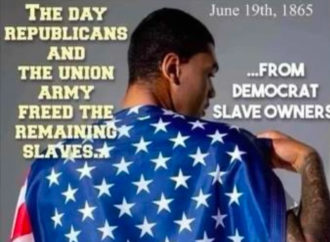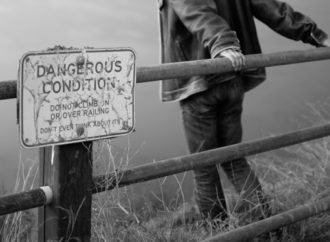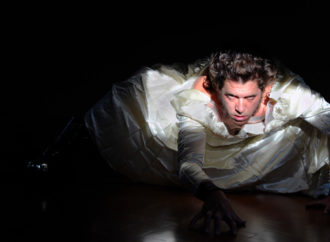Do the alleged facts, if true, raise a plausible inference that the university discriminated against John ‘on the basis of sex

By: The College Fix
Author:
‘Alcohol isn’t the cause of campus sexual assault. Men are’
Purdue University didn’t bother reviewing an investigative report before judging an accused student responsible for sexually assaulting another student. It didn’t show him the report, either.
The public university didn’t even require his accuser to submit written testimony for a hearing she skipped.
Adjudicators judged “Jane Roe” more credible without “John Doe” being able to question her motivations for accusing him, including possible retaliation for reporting her attempted suicide.
This was too much for the 7th U.S. Circuit Court of Appeals, but not because John has a “protected property interest” in his education that requires Purdue to provide minimal due process protections.
Rather, the “fundamentally unfair” proceeding by Purdue led the U.S. Navy to oust the accused student from its ROTC program, meaning he couldn’t pursue a career in his chosen field. And John has a “protected liberty interest” in his career, the 7th Circuit ruled Friday. It remanded John’s lawsuit to the trial court that had dismissed it.
The opinion by Judge Amy Coney Barrett is the second by a short-list candidate for the U.S. Supreme Court to mandate a certain level of due process in campus sexual assault proceedings.
Judge Amul Thapar wrote the 6th Circuit decision last fall that required public universities to let accused students or their “agents” cross-examine their accusers in live hearings.
The 7th Circuit’s precedents forced it to take a different route to find fault with Purdue’s procedures. Unlike some other appellate courts, it does not recognize a protected property interest in education.
“Do the alleged facts, if true, raise a plausible inference that the university discriminated against John ‘on the basis of sex’?” Barrett wrote for the unanimous court, dismissing other appeals courts that have used “formal doctrinal tests to identify general bias in the context of university discipline.”
The three judges agreed that John had met his threshold to sue under both the 14th Amendment and Title IX. In particular, they faulted Purdue office that shared an article on Facebook that blamed men as a group for sexual assault.
































Leave a Comment
Your email address will not be published. Required fields are marked with *